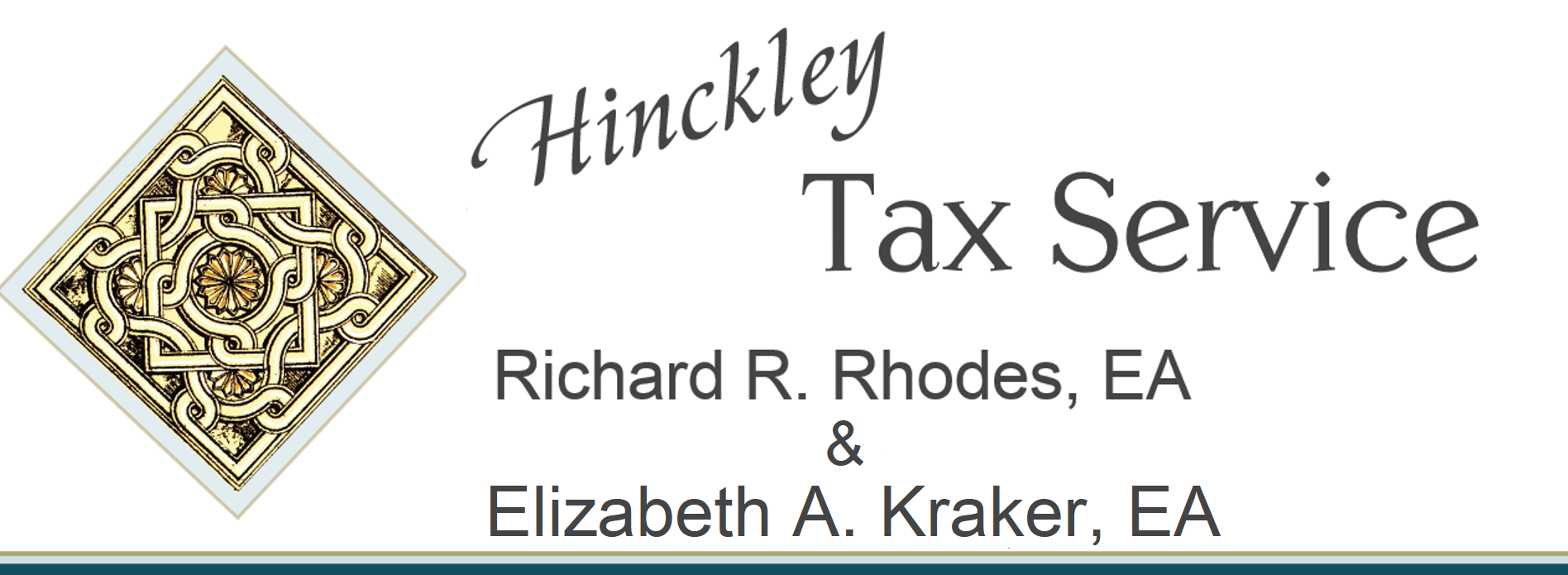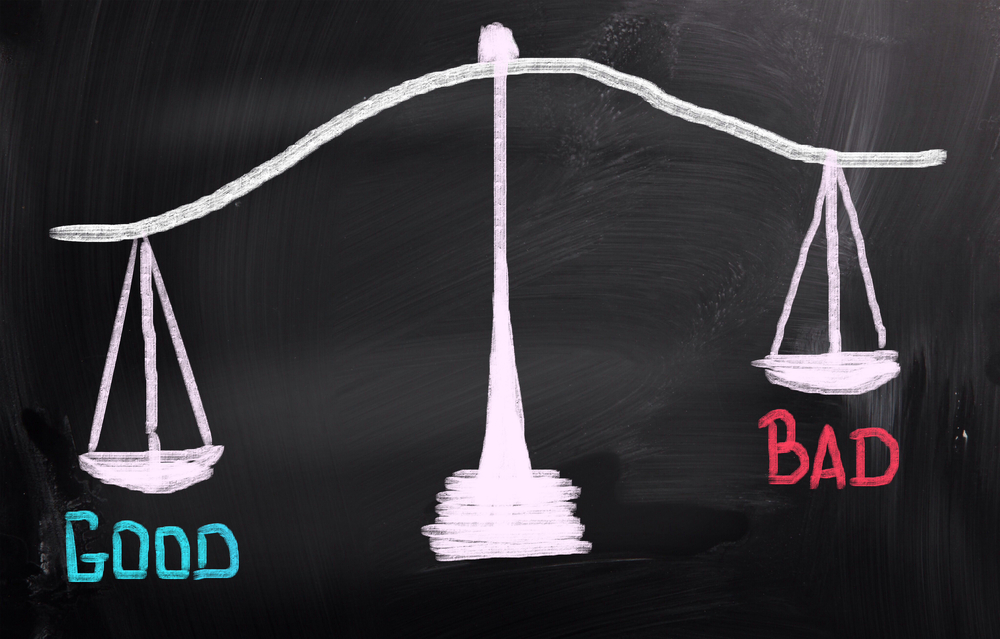Before I jump into outlining good debt vs bad debt for all those in Cleveland trying to tackle their personal debt, let’s touch on some news from everyone’s not-so-favorite government agency. Late last week (Friday news dump?), ye olde Internal Revenue Service announced that it had 15.6 million unprocessed tax returns. They made no fanfare about it but added it as a number in their “IRS Operations During COV-19” FAQ area.
The only reason I’m taking note of this is that just last month there were over 35 million returns needing review.
I pay attention to this stuff so you don’t have to, btw. I also know that many of our Cuyahoga County clients are waiting on a response from the IRS … and, well, this gives some context.
But really, that’s amazing progress — well…maybe.
More likely: Those are the low-hanging fruit. On that first page I linked to, the IRS says it “is opening mail within normal timeframes and all paper and electronic individual returns received prior to April 2021 have been processed if the return had no errors or did not require further review.”
The “if” in that sentence is doing a lot of heavy lifting.
So … patience. And we’re in your corner for this stuff.
Switching gears, nobody really likes to owe money, but …
Rich Rhodes’ Insights on Good Debt Vs Bad Debt
“Among the various sources of hope — religion, lottery tickets, discount liposuction — few can clean out a bank account quicker than a night at the casino.” -David Shiflett
The average American is almost six figures in debt, so it’s pretty clear that some things are usually just too expensive to pay for without borrowing. But not all debt is bad. Differentiating good debt vs bad debt is key in examining personal finance.
Some of the possessions that created your debt can improve your life. These things are good debt that can increase your net worth, your earning potential, and the ability to live your life better.
Bad debt you rack up by spending too much on depreciating assets or just to consume. Buying clothes when your closet’s already crammed with good-looking stuff you never wear is one example. Financial pundits also love to mention the $6 latte.
Often these day-to-day extras eventually add up to a shocking total bill. Let’s take a moment to examine good debt vs bad debt. Here are some insights.
Spend money to make money
Good debt can be a little easier to figure out. Will you get back what you put in? Cleveland friends, think about these types of good debt:
Education. True, even adjusted for inflation the cost of tuition has more than doubled from 35 years ago. And yes, in recent years 69% of college students took out student loans – and graduated with an average public and private debt pushing the mid-five figures (so did many of their parents).
That’s a lot of debt – and terrifying numbers for most young adults starting their life journey that’s likely to also include homeowning and trying to raise a family.
But generally, more learning means more earning. Studies show that even accounting for temp and non-degree jobs right after graduation, degree-holders earn a million dollars more in earnings over their lifetime.
Owning a home or real estate. It’s convenient to just call the super or landlord when something breaks in your home – not to mention having the landlord pay for the repairs as well as for property taxes and the other expenses of owning a property.
But don’t kid yourself: Owning a home is generally a smart financial move long-term.
What Are the Right Reasons for Being in Debt?
Being a homeowner — Homeowners have mortgages, for example, and fixed mortgages can protect against inflation. Also, there are many tax advantages that come with owning a home. Property values generally go up for the owner, and renovations or improvements (while requiring money now) add value to your home. And selling at the right time can net you a big profit.
Real Estate — Investing in real estate also brings financial rewards to owners, usually in the form of rent and even capital gains.
Owning your own business — Again, initial numbers might indicate that borrowing to establish your own Cuyahoga County business is bad debt. Only one in four new businesses make it to 15 years or more. But if you work hard, catch a few breaks, and pick a business you know and feel passionate about, you can turn this borrowed money into good debt over time.
Now the ‘bad’ news
Borrowing money to buy depreciating assets is a sinkhole.
Cars are usually exhibit one. You need one to get around Cleveland (and to work and earn) but even as depreciating assets go, cars depreciate fast – like as soon as you drive it off the dealer’s lot. The lesson here is that bad debt isn’t always avoidable, but you need to see it as such and try to make the borrowing as painless (see “low-interest”) as possible.
Most items bought with a credit card add up to bad debt — clothes, expensive electronics, restaurant meals, other depreciable consumables. There’s nothing wrong with buying these things if you can afford them (and you pay the credit card bill off every month) but rolling the purchase price into a high-interest balance that you only chip at every month is simply terrible debt. (Note: Rewards points are usually not the bargain they seem to be.)
And definitely stay away from payday loans, big-interest hooks that can trap you in a relentless cycle of debt.
Debt isn’t just black or white
Borrowing has some gray areas as well. Debt-consolidation loans can be a good idea if done right. Medical debt is no fun but one of those unavoidable issues. Borrowing for travel can make for once-in-a-lifetime memories – but again, be ready to pay the money back ASAP.
You can manage bad debt with the simple tactic of paying down small, high-interest debt first. Another simple tactic is to figure out your debt-to-income ratio: What percentage of your monthly income is your monthly debt? A quarter? A third? Forty percent is starting to push the limits of lenders’ tolerance.
Knowing how to determine good debt vs bad debt and realizing what debt is necessary and which isn’t is vital to your financial health and future.
Hope this helps put you on the right path.
For a look at your personal financial situation, and how we can help you make the right, tax-advantaged moves NOW … we’re right here: hinckleytaxservice.com/%e2%80%8b/schedule-a-call/
Stay safe out there,
Rich Rhodes

